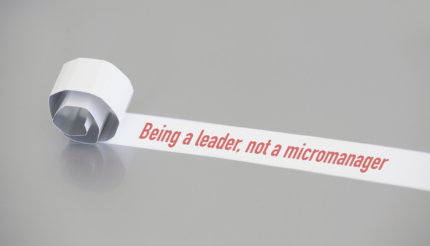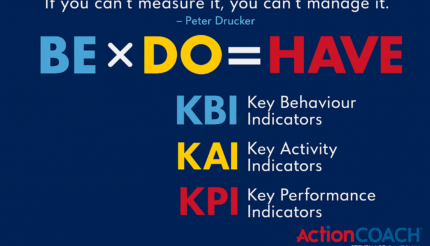The moment your best performer breaks a rule without consequences, seven things happen silently in everyone else’s mind.
Standards become optional. Fairness dies. Speaking up feels unsafe.
Politics trumps performance. Discretionary effort becomes pointless. Wrong behaviours get rewarded while right ones get punished.
Exceptions become the new normal.
I’ve seen this pattern destroy organisations from the inside. The cultural damage happens faster than most leaders realise, and the repair takes exponentially longer than the breakdown.
The Silent Mental Updates
When team members witness rule-breaking without consequences, they don’t just notice. They actively update their mental models of how your organisation really works.
The high performer who consistently arrives late while others face discipline for tardiness sends a clear message. The top salesperson who ignores compliance protocols while others get written up creates an instant hierarchy of accountability.
Your team members become anthropologists, studying the real rules versus the stated rules.
They conclude that standards apply selectively based on value extraction rather than consistent principles. This realisation fundamentally rewrites their understanding of your organisational contract.
Why This Moment Proves Culturally Destructive
The damage occurs across six critical dimensions simultaneously.
Norm Rewriting: The exception instantly becomes the new baseline expectation. If your top performer can do it, why can’t everyone?
Psychological Safety Collapse: Team members learn that raising concerns about unfair treatment carries risk without reward. The messenger gets shot while the violator gets protected.
Social Contract Breach: The implicit agreement that consistent behaviour leads to consistent treatment gets shredded. Trust in leadership fairness evaporates.
Shadow Standards Creation: Two sets of rules emerge. Official policies for regular employees and unofficial exceptions for valuable contributors.
Coaching Undermines: Every future conversation about standards gets met with “But what about Sarah?” The exception becomes the excuse for everyone.
Decision Paralysis: Managers stop enforcing standards because they’re uncertain which rules actually apply to which people.
Immediate Intervention Strategies
The remedy requires swift, visible action that separates performance value from behavioural expectations.
Address Breaches Immediately: Confront violations within 24 hours using factual statements. “Sarah, you arrived 30 minutes late to the client meeting. This violates our punctuality standard.”
Separate Performance From Behaviour: Make it clear that high performance doesn’t purchase behavioural exemptions. “Your sales numbers are excellent AND you need to follow the same protocols as everyone else.”
Implement Visible Consequences: The team needs to see that standards apply universally. Private conversations feel like protection rather than correction.
Reinforce Standards Publicly: Use team meetings to clarify expectations without singling out individuals. “Our punctuality standard applies to everyone, regardless of role or performance level.”
When Leaders Think They Can’t Act
The most common excuse involves the perceived cost of confronting valuable contributors.
Calculate the hidden costs of inaction instead. Cultural erosion affects retention, engagement, and performance across your entire team. The productivity loss from demoralised team members often exceeds the contribution of the protected violator.
Present clear choices to rule-breaking performers. “You can continue achieving excellent results while following our standards, or you can find an organisation where these behaviours are acceptable.”
Most high performers respect clarity and consistency more than they value special treatment.
Repairing Existing Damage
When cultural damage has already occurred, systematic repair becomes essential.
Implement Clean Amnesty: Announce a reset period where previous inconsistencies get acknowledged and standards get clarified moving forward.
Publish Clear Standards: Create specific, concrete examples of acceptable and unacceptable behaviours. Remove ambiguity that enables selective enforcement.
Establish Weekly Inspections: Regular check-ins ensure standards compliance becomes routine rather than exceptional.
Shift Recognition Patterns: Celebrate team members who achieve results while maintaining behavioural standards. Make consistency visible and valuable.
The Consistency Principle
Organisational culture gets defined by what leaders consistently reward and what they consistently tolerate.
If standards only apply to some people, they effectively apply to no one.
Consistency becomes kindness because it creates predictable, fair environments where everyone understands expectations. Inconsistency creates corrosion because it breeds resentment, confusion, and disengagement.
The short-term discomfort of confronting high-performing rule-breakers prevents long-term cultural collapse. Your willingness to enforce standards universally determines whether you build a sustainable high-performance culture or manage a collection of individuals operating under different rules.
The choice reveals your real values. Your team is watching, learning, and updating their mental models based on what you actually do rather than what you say you believe.





